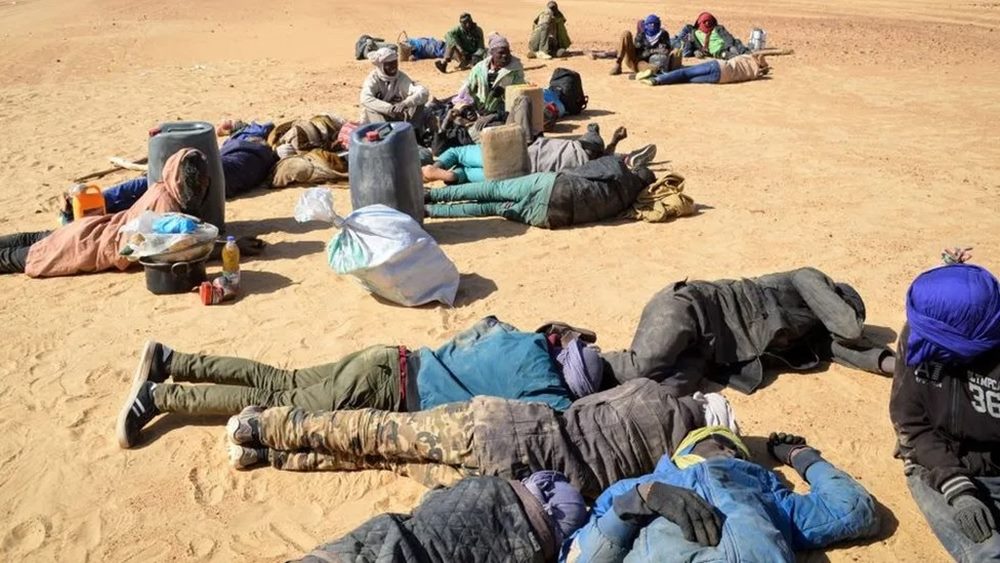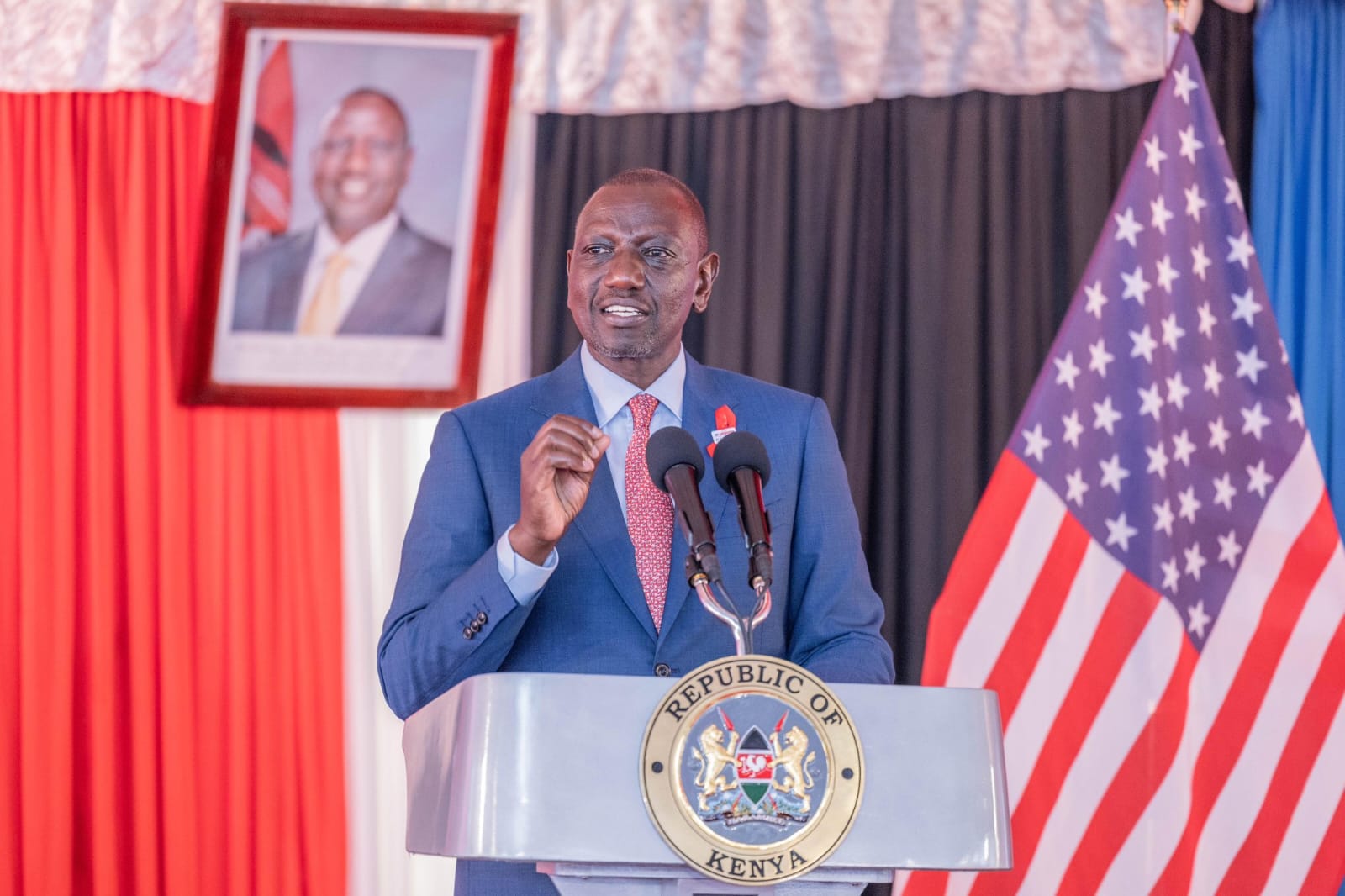The coup leaders in Niger have overturned an eight-year-old law that criminalised migrant smuggling in the country, signalling a shift in the country’s approach to managing migration. The legislation, which aimed to combat the trafficking of migrants through Niger’s vast desert to Libya and Europe, had been instrumental in reducing the number of asylum seekers and migrants attempting to reach Europe in 2015.
President Mohamed Bazoum, who had collaborated with the European Union (EU) to stem the flow of people across the Mediterranean, was ousted in a coup in July. General Abdourahmane Tchiani has since declared himself the new head of state, and his ruling junta announced the repeal of the law, stating that it did not align with Niger’s interests.
The junta also declared that convictions made under the 2015 law would be nullified. This move indicates the junta’s intention to assert its authority over Niger’s sovereignty, defying international pressure. Following the coup, the EU suspended all security cooperation with Niger, and its foreign policy chief, Josep Borrell, along with the United States and France, refused to recognise Gen Tchiani as the leader. Borrell also announced the indefinite suspension of budgetary aid to Niger.
The repeal of the law poses a significant challenge to the EU’s strategy for managing migration flows from Africa. While it successfully reduced the number of migrants attempting the perilous journey to Europe, traffickers criticised the law’s strictness, as it carried severe penalties, including lengthy prison sentences and vehicle confiscation.
Concerns now arise that trafficking networks may seize the opportunity presented by the law’s repeal to resume pushing migrants into neighbouring countries such as Libya or Algeria, for onward transportation to Europe. Niger occupies a crucial position in the Sahel region, a belt of land stretching from the Atlantic Ocean to the Red Sea, making it a key transit route for migration.
The response from the EU regarding this setback to its migration management strategy remains uncertain. The repeal of the law by the coup leaders in Niger underscores the complexities and challenges associated with addressing migration issues and highlights the delicate balance between migration control measures and human rights considerations.




